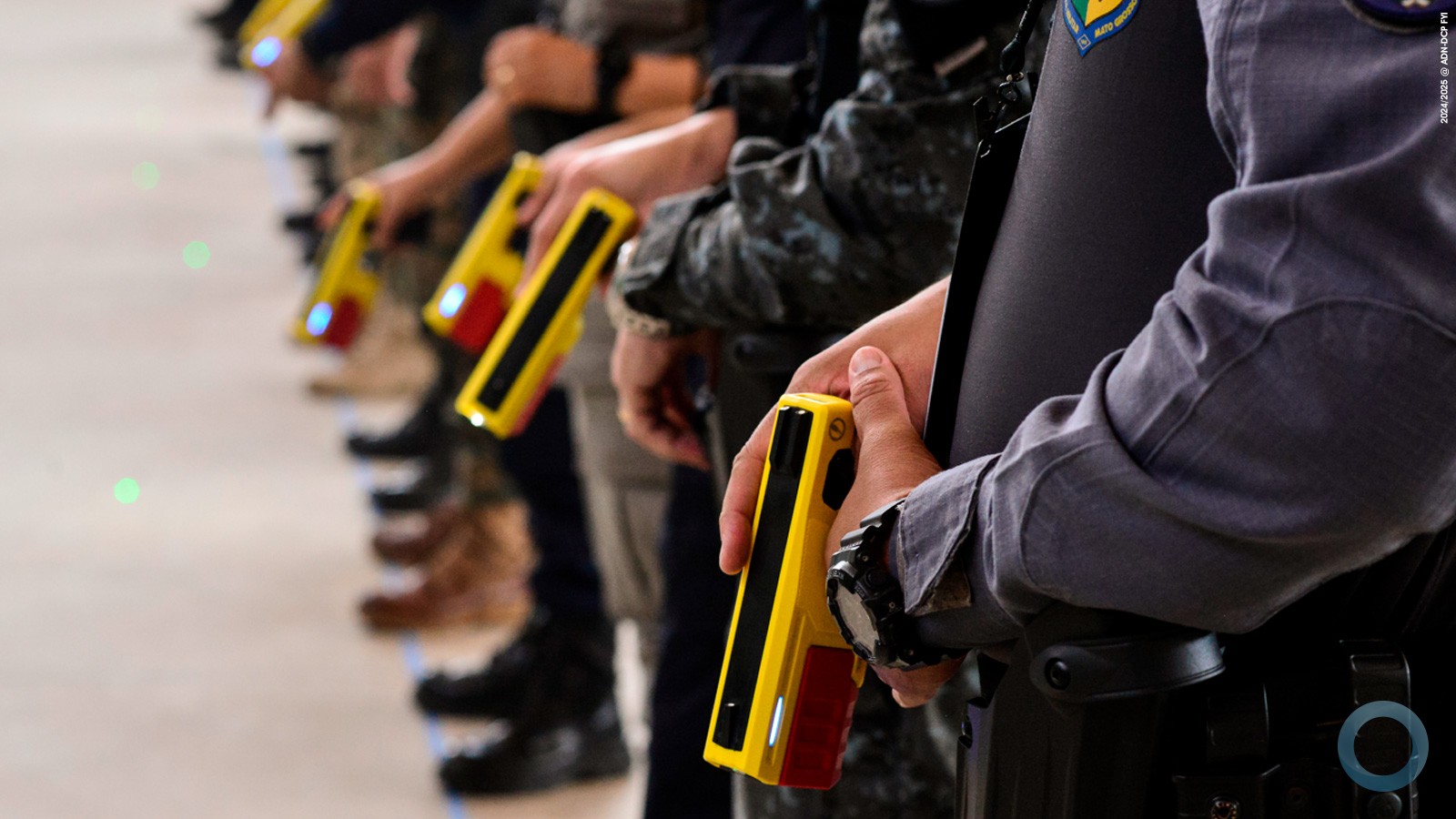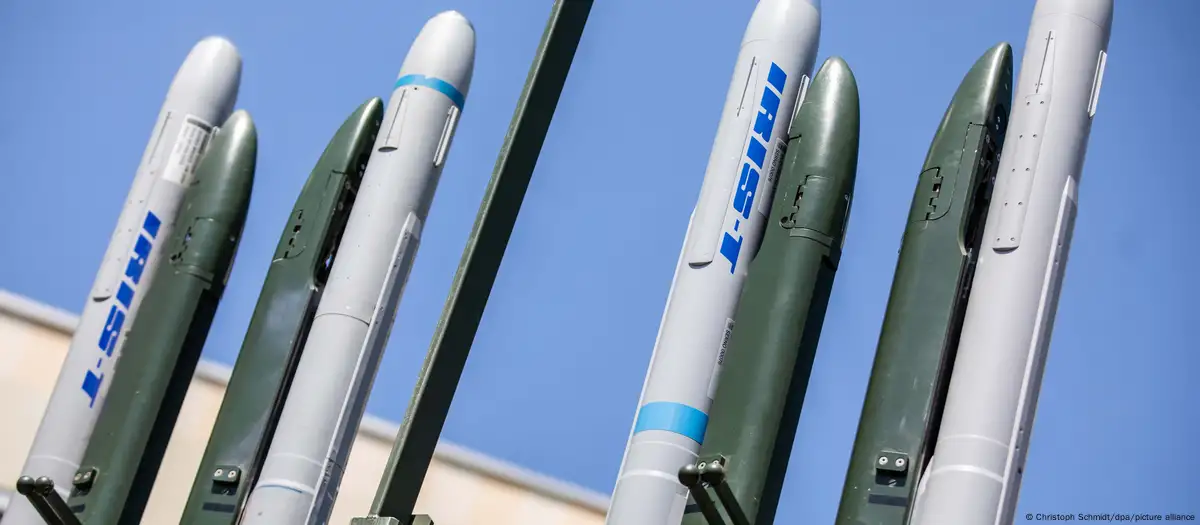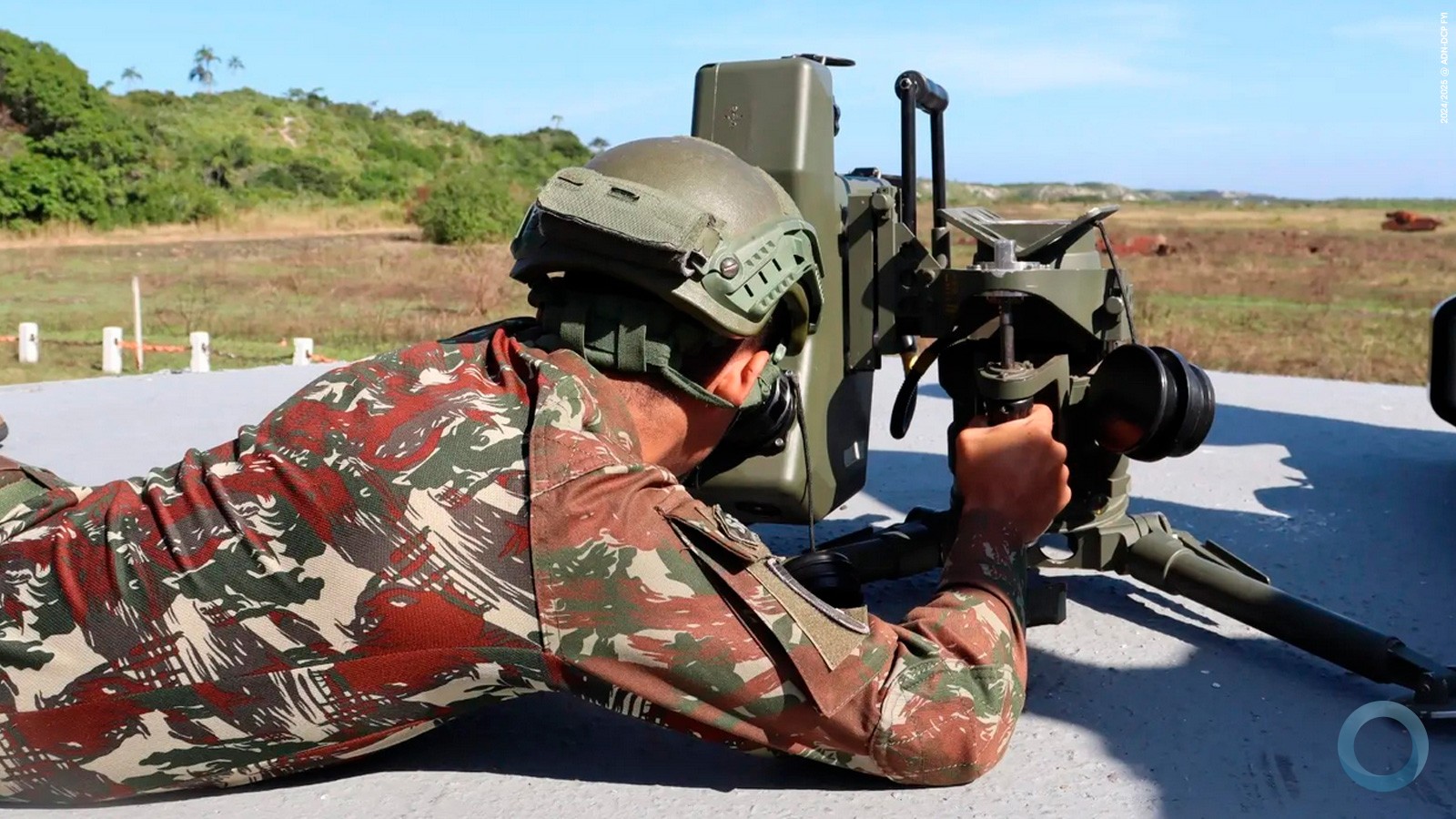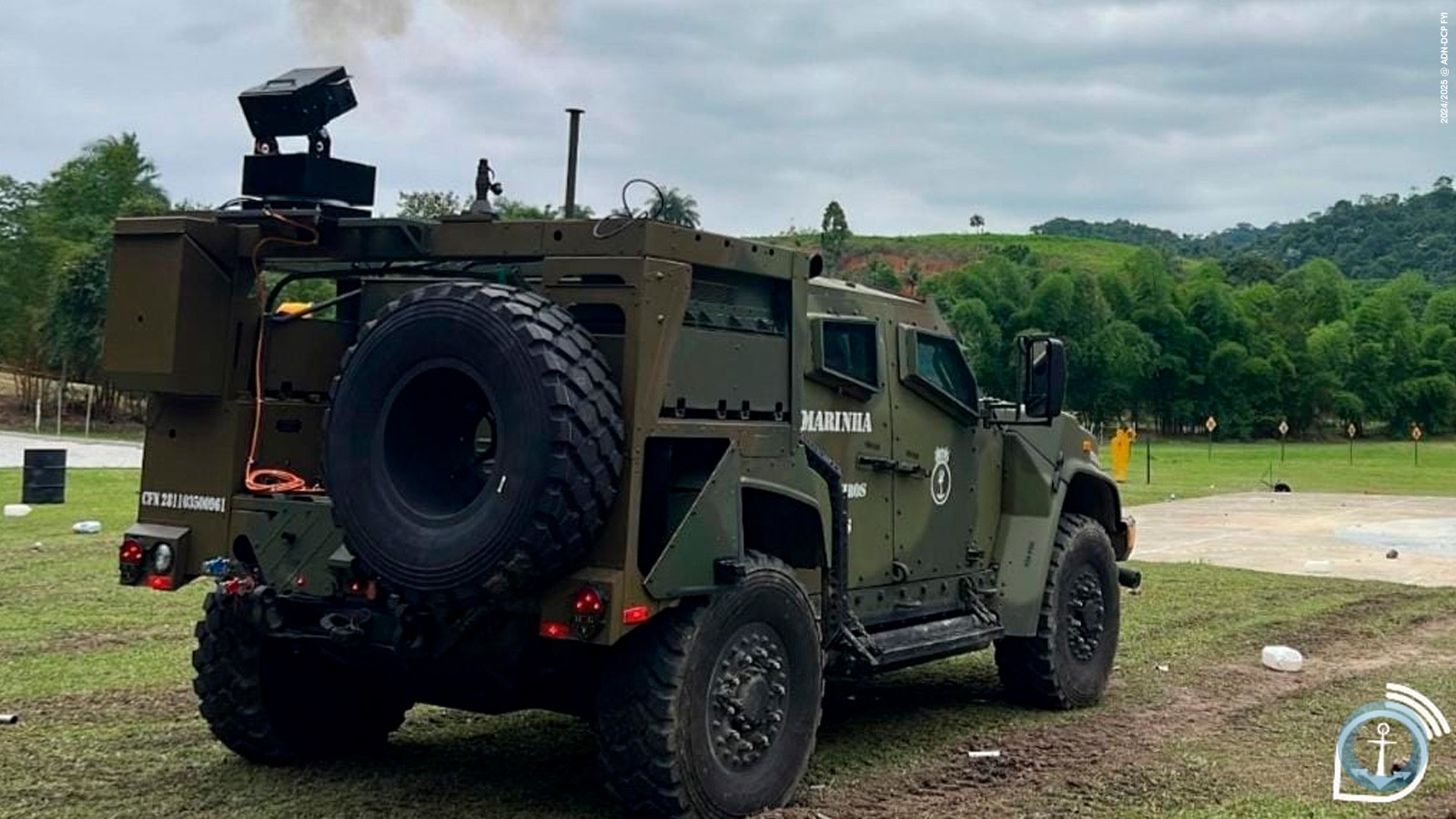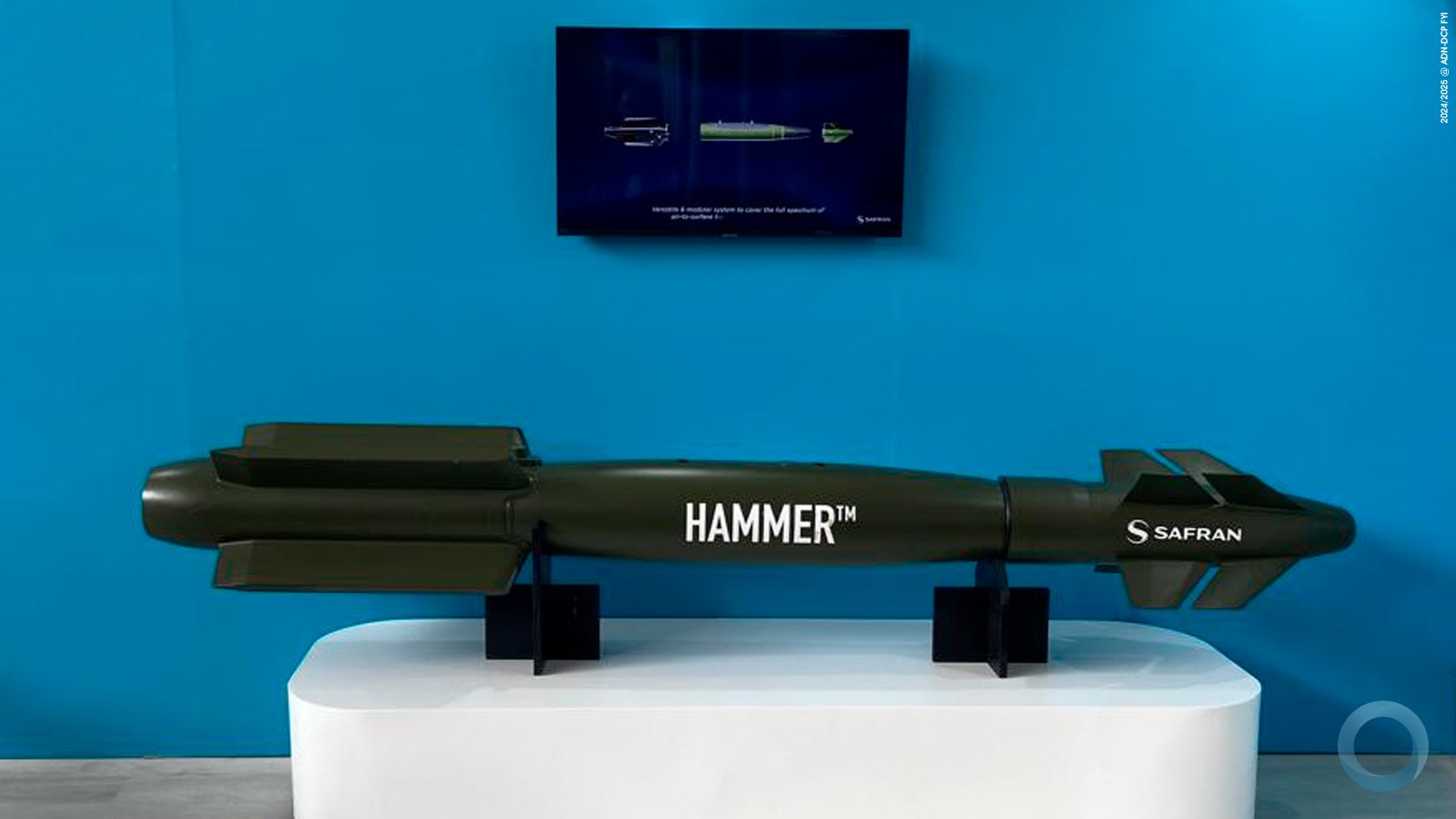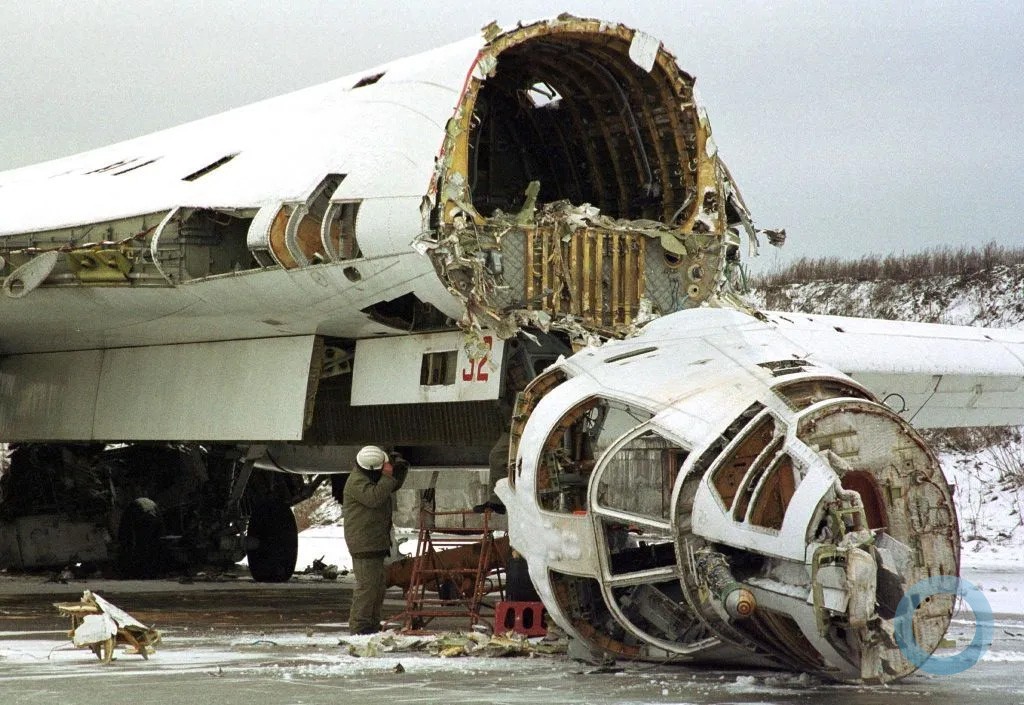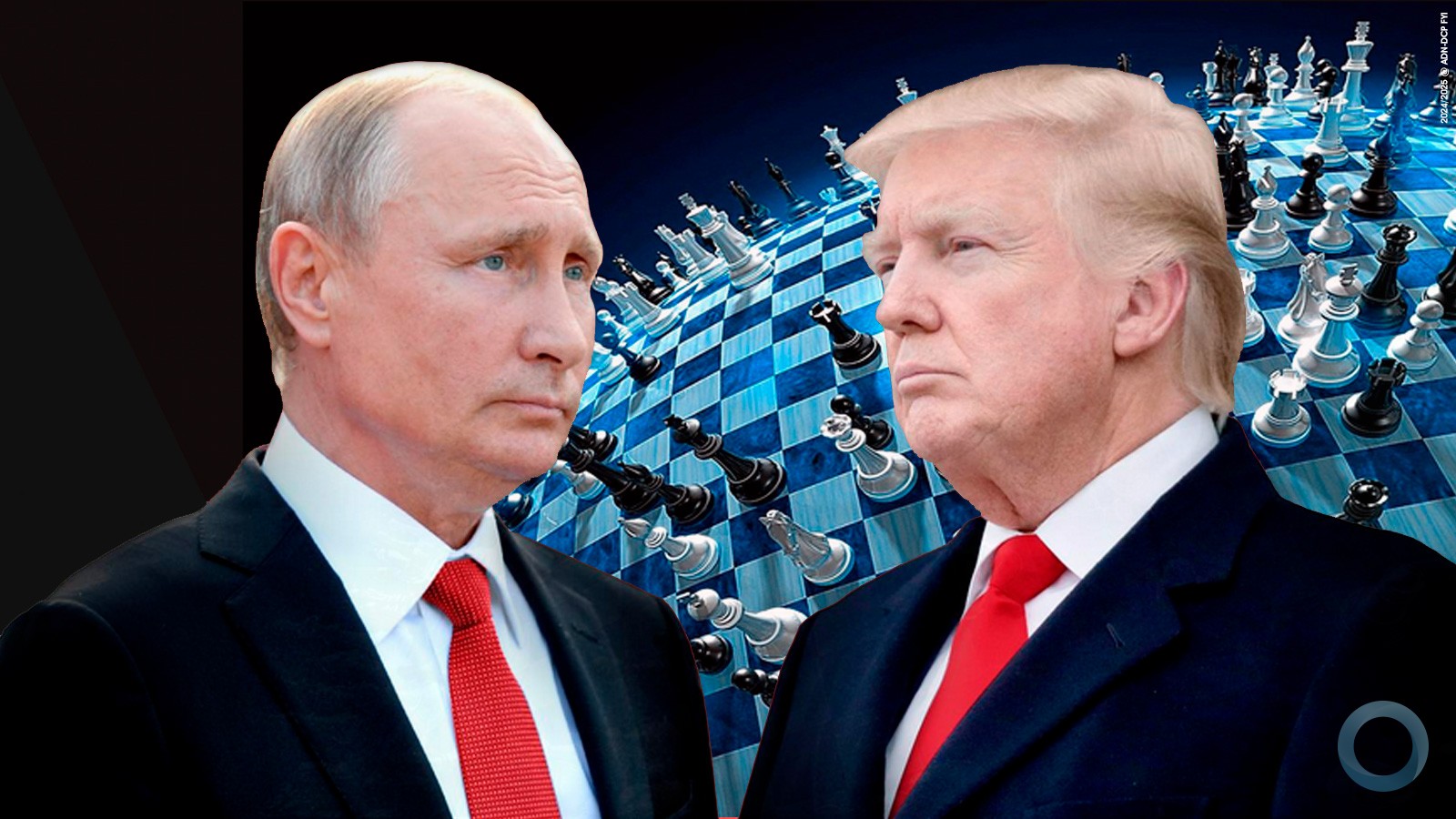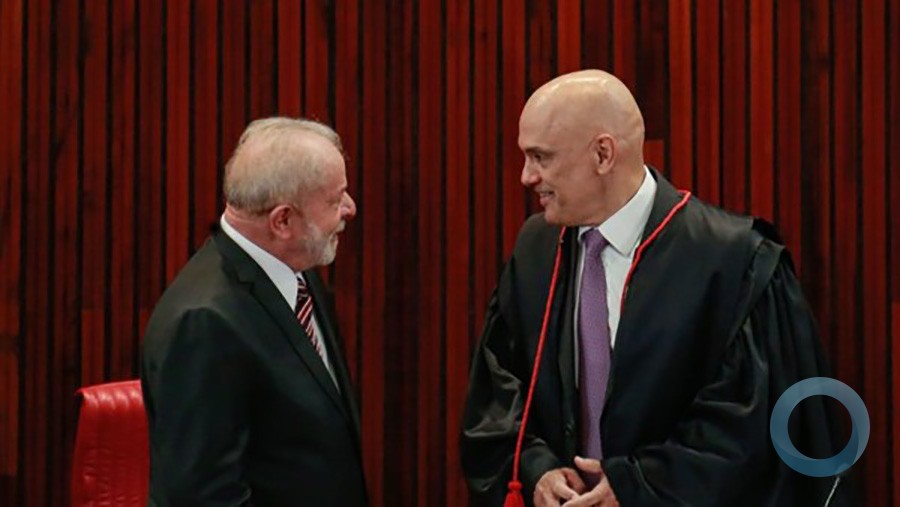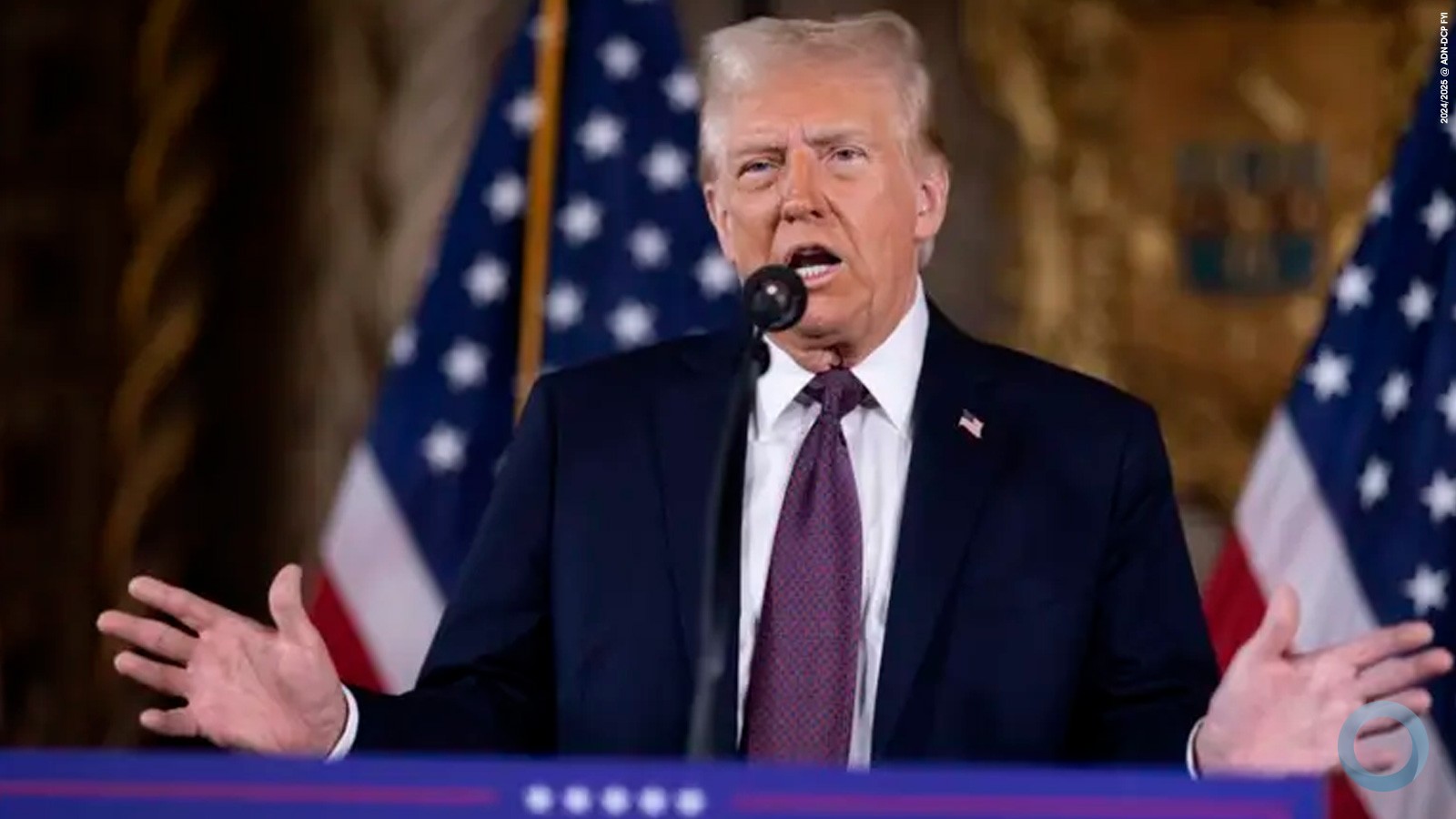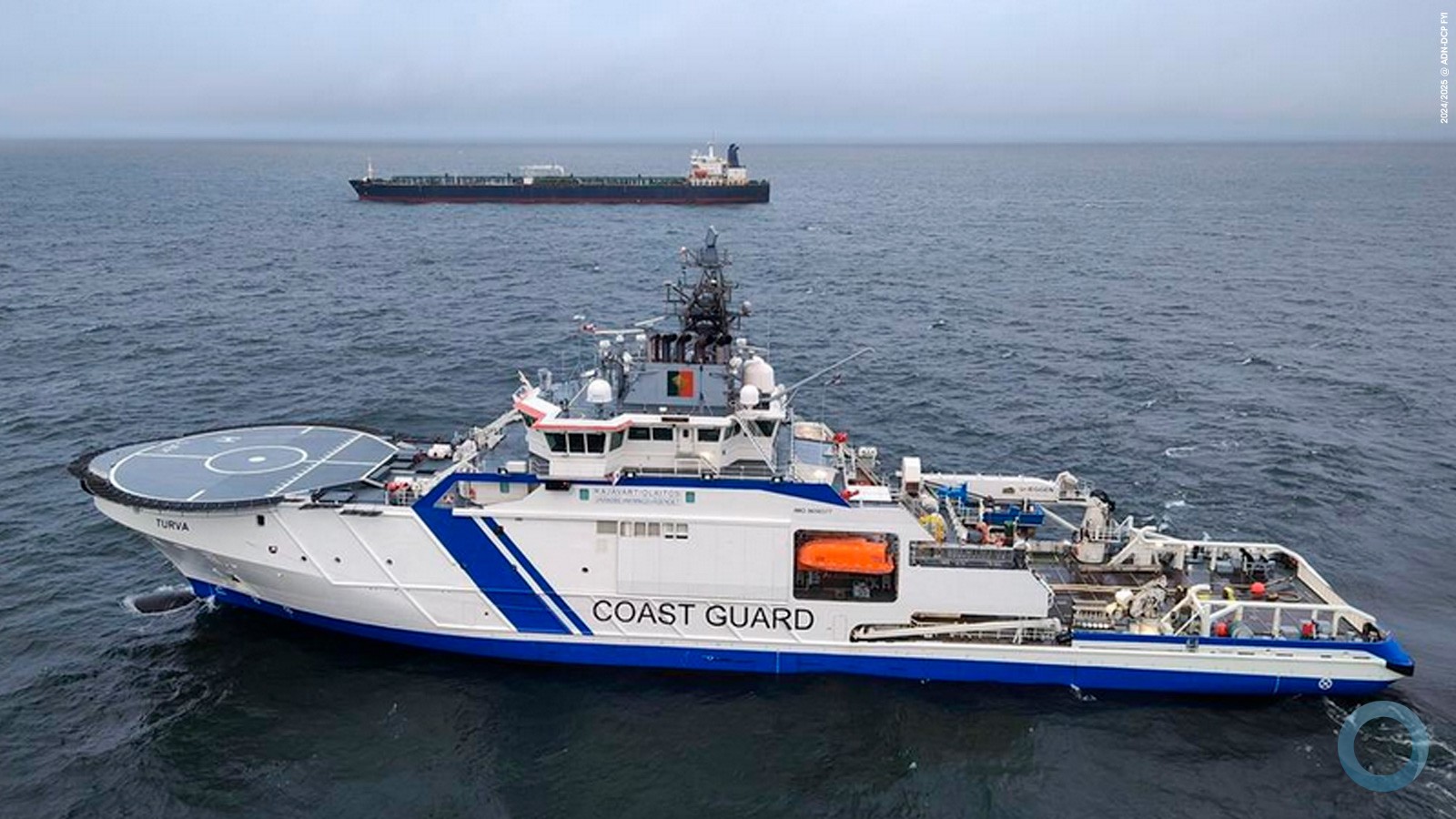|
Nota DefesaNet Texto do Embaixador Sergio Duarte em Português e Inglês A Declaração Conjunta do NPT-5 – Link THE NPT-5 JOINT STATEMENT – Link Texto em Português e Inglês Declaração Conjunta dos Líderes dos Cinco Estados com Armamento Nuclear sobre a Prevenção da Guerra Nuclear e como Evitar Corridas Armamentista O Editor |
THE NPT-5 JOINT STATEMENT
Cum grano salis
SérRGIO DUARTE
President of Pugwash Conferences on
Science and World Affairs. Former U.N. High
Representative for Disarmament Affairs.
On January 3rd, the five nuclear-weapon states party to the Treaty on the Non-proliferation of Nuclear Weapons (NPT) issued an important Joint Statement on “preventing nuclear war and avoiding arms races”. Those are certainly part of the objectives of the Treaty, as well as important for achieving another goal: the as yet unfulfilled promise of nuclear disarmament. Turning that obligation into reality is a primary responsibility of the states that developed and maintain nuclear arsenals capable of extinguishing human civilization.
The release of the NPT-5 Joint Statement was timed to coincide with the start of the Tenth Review Conference of the Parties to the NPT on January 4 2022. Unfortunately, the Conference originally scheduled for 2020 had to be postponed for the third time due to Covid-19 and a new date has not yet been set. The Statement may help prevent further deterioration of the confidence and authority of the NPT. All parties should use the unexpected interval up to the actual holding of the Review Conference to develop and give practical meaning to the expectations raised by the initiative of the five nuclear weapon parties to the Treaty, particularly with regard to the emphasized importance of complying with commitments entered into, including Article VI nuclear disarmament obligations.
A welcome feature of the Joint Statement is the formal endorsement by all five of the formula originally stated by Presidents Ronald Reagan and Mikhail Gorbachov in 1987 that “a nuclear war cannot be won and must never be fought”. The logical corollary to that affirmation should be an earnest, unflinching effort by those that possess such weapons to eliminate them.
The Joint Statement must also be praised for its recognition that nuclear weapons “should serve defensive purposes, deter aggression, and prevent war”. This has been a longstanding call of the international community, pending effective disarmament. Strict observance of such directives rules out any other use for nuclear weapons. A constructive next step would therefore be for the five states to accordingly define and enhance the non-offensive role of their nuclear arsenals in their military doctrines. The nuclear weapon states are legally responsible for taking effective measures relating to nuclear disarmament. Preventing the use of nuclear weapons would no doubt contribute to that goal, as would new initiatives to help bring about the long overdue entry into force of the Comprehensive Test-ban Treaty (CTBT).
In the Joint Statement, those five countries also underline their desire to work with all states to create “a security environment more conducive to progress on disarmament with the ultimate goal of a world without nuclear weapons”. Regrettably, however, they stop short of recognizing the urgent need to negotiate and adopt effective measures of nuclear disarmament. This is particularly disappointing, for the continued and open-ended existence of nuclear weapons is manifestly incompatible with the aspirations of humankind as expressed in many important international documents, agreements and treaties, including the NPT itself.
The intention expressed in the Joint Statement to pursue bilateral and multilateral diplomatic approaches to avoid military confrontations, strengthen stability and predictability, increase mutual understanding and confidence is supported by all parties to the NPT. Adoption and implementation of measures in those directions are a useful basis for further progress in nuclear disarmament.
Correspondingly, preventing the spread of nuclear weapons is one of the main purposes of the NPT and is in the interest of all its parties. This objective should apply to all aspects of proliferation, i.e. both precluding the emergence of new nuclear-capable states and halting the technological improvement and expansion of existing arsenals under the guise of their modernization.
The reaffirmation of the importance of complying with bilateral and multilateral non-proliferation, disarmament, and arms control agreements and commitments, including of course those contained in Article VI should not be nuanced or subject to qualifications that make their fulfilment subject to equivocal interpretations. Non-nuclear parties to the NPT have taken their nuclear disarmament commitments very seriously, first and foremost by renouncing nuclear weapons. A few years ago many among them pursued and took forward the negotiations that resulted in the adoption and entry into force of the Treaty on the Prohibition of Nuclear Weapons, leading to their elimination (TPNW). The Treaty provides a practical path for nuclear weapon states wishing to eliminate nuclear arsenals in a phased, verifiable manner, taking into account their own security concerns and those of the international community as a whole. A useful task for the NPT Review Conference could be to examine the points of convergence between the two instruments.
The existing climate of uncertainty and apprehension due to the continued existence of nuclear weapons more than 50 years since the inception of the NPT is reason enough to justify the demand for immediate action on disarmament. Treaties banning the other two categories of weapons of mass destruction – biological and chemical – were negotiated and adopted without waiting for the emergence of conditions purportedly more conducive to progress.
Security is a common good that belongs to all nations and a world without nuclear weapons will bring increased security for all. As the United Nations Secretary-general reiterated in his comment on the Statement, the only way to eliminate all nuclear risks is to eliminate all nuclear weapons. A serious and decisive push by the NPT-5, pursuant to their Joint Statement, would be a welcome contribution to the achievement of this common endeavor. The international community expect no less.






